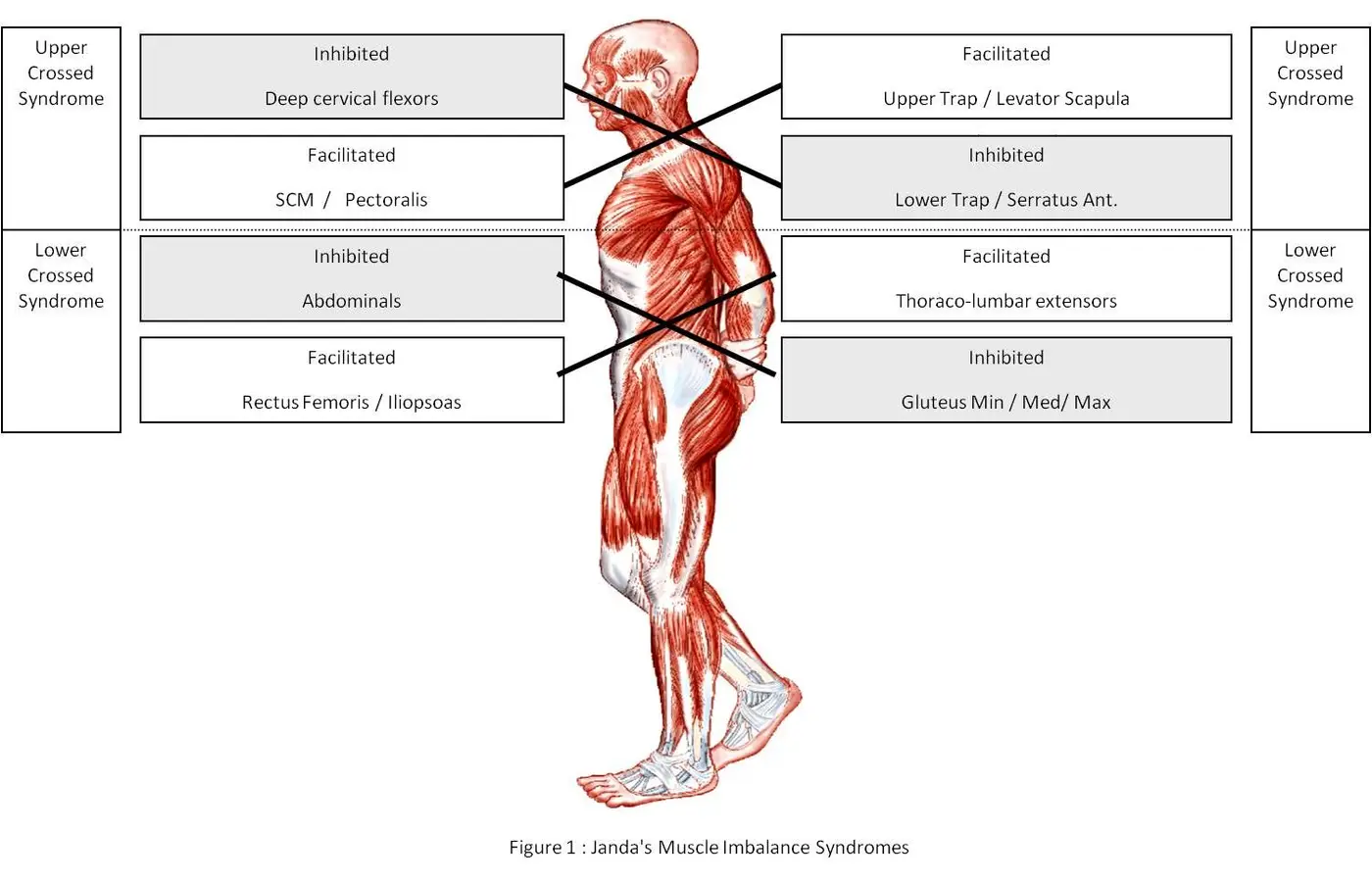Poor Posture Relief in Plantation
Technology shapes how we work today. Most jobs now require hours sitting at a desk, working on computers, tablets, or cell phones. If you’re among the many who spend long periods seated each day, you’ve likely experienced neck or back pain. At first, sitting may not seem to affect you, but over time, poor posture can set in, leading to persistent pain.
Right now, you might be adjusting your posture, pulling your shoulders back, lifting your head, and engaging your core. These minor adjustments help, but underlying muscle imbalances may still cause discomfort.
At Stump Chiropractic, we offer effective posture relief in Plantation to help improve your alignment, reduce pain, and enhance your daily well-being.
Neck pain from working at a desk
Neck pain that presents at the base of the neck and into the shoulders is very common with postural pain. A common complaint is pain in the front of the shoulders, the base of the neck, and at the shoulder blades. Working at a desk, you can find yourself rounding your back and your chin begins to push forward. The idea of keeping your ears over your shoulders is lost and now you have an increase of weight pushing down on your neck. The longer this position continues, a condition known as "upper crossed syndrome" develops.
Low back pain from working at a desk
Low back pain from sitting increases into the midback and down the legs. Many people even develop sciatica-like symptoms. This can come from longer periods of increased sitting, which creates compression and flattening of the gluteal muscles, irriating the sciatic nerve. While sitting, more pressure is placed along the lumbar spine rather than an even distribution of weight between the hips and lumbar spine. The increase in force through the lumbar spine and rounding of the back can cause more pressure on the lumbar discs, leading to nerve root irritation. Sitting also weakens the core muscles, which puts more strain on the lumbar muscles, resulting in "lower crossed syndrome."
Lower crossed syndrome:
- Weak/inhibited - abdominals, gluteus group
- Overactive/spasm - lumbar extensors, psoas
Sitting increases poor posture
Muscle imbalances lead to poor posture that will cause pain in both sitting and standing. Correction of these imbalances and strengthening posture will be provided at your Plantation chiropractic office through chiropractic adjustments, manual therapy, and therapeutic exercises. Dr. Stumpff will address your posture and provide exercises that can be added to your daily routine to help break old habits and continue to strengthen muscles to help improve posture and decrease pain. For effective and safe posture relief in Plantation, our team is here to help you achieve better alignment and long-term comfort.
If you are experiencing any of the following symptoms and are desk bound, you could have developed upper crossed syndrome and/or lower crossed syndrome:
shoulder pain
inability to get comfortable in a seated position
piriformis syndrome
rounding of the back
numbness in extremities
For more information on upper crossed syndrome and lower crossed syndrome, visit Vladimir Janda's work and reserach at www.jandaapproach.com. Diagram credit: www.jandaapproach.com

